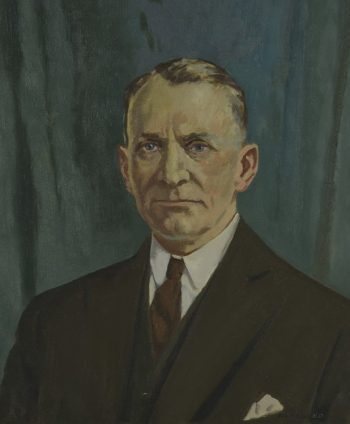Dr. W.J. Rutherford
- Canadian Agricultural Hall of Fame
- Inductees
- Dr. W.J. Rutherford

- Inducted: 1966
- Residing Province: Saskatchewan
- Gallery Location: 68
- Nominated By: Saskatchewan Graduates’ Association
Dr. W.J. Rutherford
- (1868
- -
- 1930)
Dr. W.J. Rutherford was an eminent judge of livestock, an inspiring teacher, a wise counsellor and a pioneer in the field of scientific agriculture.
Following graduation from the Ontario Agricultural College, he served as lecturer at Iowa State College, and at the University of Manitoba before accepting a call to become Deputy Minister of Agriculture for Saskatchewan.
While serving in that capacity, he advocated the inclusion of a Faculty of Agriculture at the newly established provincial university. Impressed by his arguments, the government of Saskatchewan acquiesced to his proposal and authorized his appointment as dean of the faculty.
In addition to carrying out the regular duties of dean in an effective manner, he established an outstanding Clydesdale stud and excellent herds of Shorthorn and Holstein cattle on college farms. Being a firm believer in the need for agricultural education, he initiated an extension service and devoted a great deal of his energy to the disseminating of information to farmers. Although primarily interested in livestock, he realized the importance of soil and water conservation and advocated the adoption of techniques, which are still being practiced.
Being a wise counsellor, Dr. Rutherford was called upon to serve on several royal commissions, including the Turgeon Commission on wheat marketing (1923,) and the Grain Enquiry Commission (1928).
Dr. W.J. Rutherford était un juge éminent de bétail, un professeur inspirant, un sage conseiller et un pionnier dans le domaine de l’agriculture scientifique.
Après l’obtention du son diplôme du Collège d’agriculture de l’Ontario, il fut professeur à l’Iowa State College et à l’Université du Manitoba avant d’être invité à devenir sous-ministre de l’Agriculture de la Saskatchewan.
Tout en servant à ce titre, il a milité pour l’inclusion d’une faculté d’agriculture à l’université provinciale nouvellement créée. Impressionné par ses arguments, le gouvernement de la Saskatchewan a accepté et l’a nommé doyen de la faculté.
En plus d’effectuer les tâches habituelles de doyen d’une manière efficace, il a établi un programme exceptionnel de chevaux reproducteurs Clydesdale et d’excellents troupeaux de bovins Shorthorn et Holstein dans les fermes des collèges. Grand partisan de la nécessité de l’enseignement agricole, il a lancé un service conseil sur le terrain et a consacré une grande partie de son énergie à la diffusion d’informations aux agriculteurs. Bien que principalement intéressé par l’élevage, il a reconnu l’importance de la conservation des sols et de l’eau, et a plaidé pour l’adoption de techniques qui sont toujours pratiquée.
En tant que sage conseiller, le Dr Rutherford a été invité à siéger à plusieurs commissions royales, y compris la Commission Turgeon sur la commercialisation du blé (1923), et la Commission d’enquête des grains (1928).


